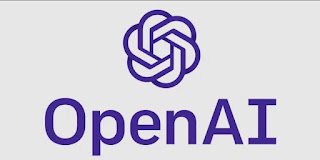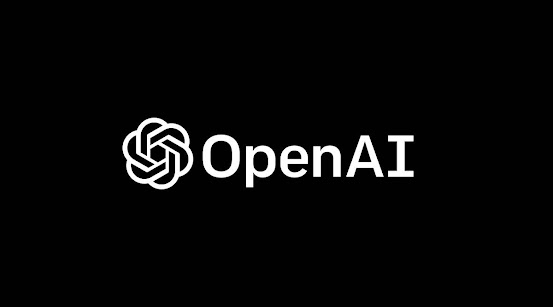OpenAI's Bug Bounty Program to Find Bugs in ChatGPT
OpenAI, the company behind the artificial intelligence chatbot ChatGPT, has announced a new program to reward users who identify and report software bugs in its system. The company is inviting security researchers, ethical hackers, and technology enthusiasts to help identify and address vulnerabilities in ChatGPT, OpenAI’s plugins, the OpenAI API, and other related services. Rewards will range from $200 for low-severity findings to up to $20,000 for exceptional discoveries, based on the severity and impact of the reported issues.
OpenAI has partnered with the bug bounty platform Bugcrowd to streamline the submission and reward process. The company has also released guidelines and rules of engagement, stating what will not be rewarded, such as getting the AI model to say bad things or writing malicious code. OpenAI has urged users who find bugs to report the vulnerabilities promptly and unconditionally and not engage in extortion, threats, or other tactics to elicit a response under duress.
The company’s latest move follows reports of potential data breach risks and privacy concerns related to the use of the AI chatbot. ChatGPT was banned in Italy last month due to concerns about how the platform protects user data, especially those of minors. Data regulators in Germany, as well as watchdogs in France and Ireland, have also said they are looking into the rationale of ChatGPT’s ban in Italy.
Several universities in Japan have also warned faculty members about using generation AI tools like ChatGPT for assessing and translating unpublished research results. The universities have cautioned that the data can be unintentionally leaked to the service provider, partially or completely. The risk is that information that should not be leaked to the outside, such as information about the entrance examination and personal information of students and faculty members, will be transmitted to service providers through generation AI and presented as an answer to other users.
OpenAI’s Bug Bounty Program
OpenAI is a leading research institute on artificial intelligence and machine learning, dedicated to advancing artificial intelligence in a way that benefits humanity. The company has been working on developing an AI language model that can converse with humans naturally, ChatGPT. However, as the complexity of the technology increases, the risks of vulnerabilities and flaws in the system also increase.
OpenAI’s Bug Bounty Program is designed to reward researchers and ethical hackers who help to identify and address such vulnerabilities in the company's systems. The program is open to anyone around the world who wants to participate, and rewards will be offered based on the severity and impact of the reported issues. The Bug Bounty Program aims to encourage ethical security research and testing to help protect OpenAI’s technology and the broader community that uses it.
Rules of Engagement
OpenAI has released rules of engagement for the Bug Bounty Program, including what will not be rewarded. Some examples of what will not be rewarded include:
- Getting the AI model to say bad things to you
- Writing malicious code
- Denial of service attacks
- Physical attacks against employees or property
- Social engineering or phishing attacks
- Legal threats or extortion attempts
OpenAI also urged users who find bugs to report the vulnerabilities promptly and unconditionally and not engage in extortion, threats, or other tactics to elicit a response under duress.
Data Breach Risks and Privacy Concerns
ChatGPT has faced scrutiny from data regulators and watchdogs due to potential data breach risks and privacy concerns. The AI service was banned in Italy last month, with authorities saying it would be investigated for how it protects user data, especially those of minors. Data regulators in Germany, as well as watchdogs in France and Ireland, have also said they are looking into the rationale of ChatGPT’s ban in Italy.
Making Technology Safer for Everyone
OpenAI's decision to offer rewards for finding bugs in its AI chatbot is a commendable move. As AI technology becomes more ubiquitous, it is crucial to ensure that such technologies are secure and safe for all users. By partnering with Bugcrowd and inviting the global community of security researchers, ethical hackers, and technology enthusiasts to help identify and address vulnerabilities in its systems, OpenAI is taking a proactive approach to making its technology safer for everyone. It remains to be seen how effective this bug bounty program will be in addressing ChatGPT’s potential risks and vulnerabilities, but it is a positive step towards promoting the responsible use of AI technology.




Comments
Post a Comment